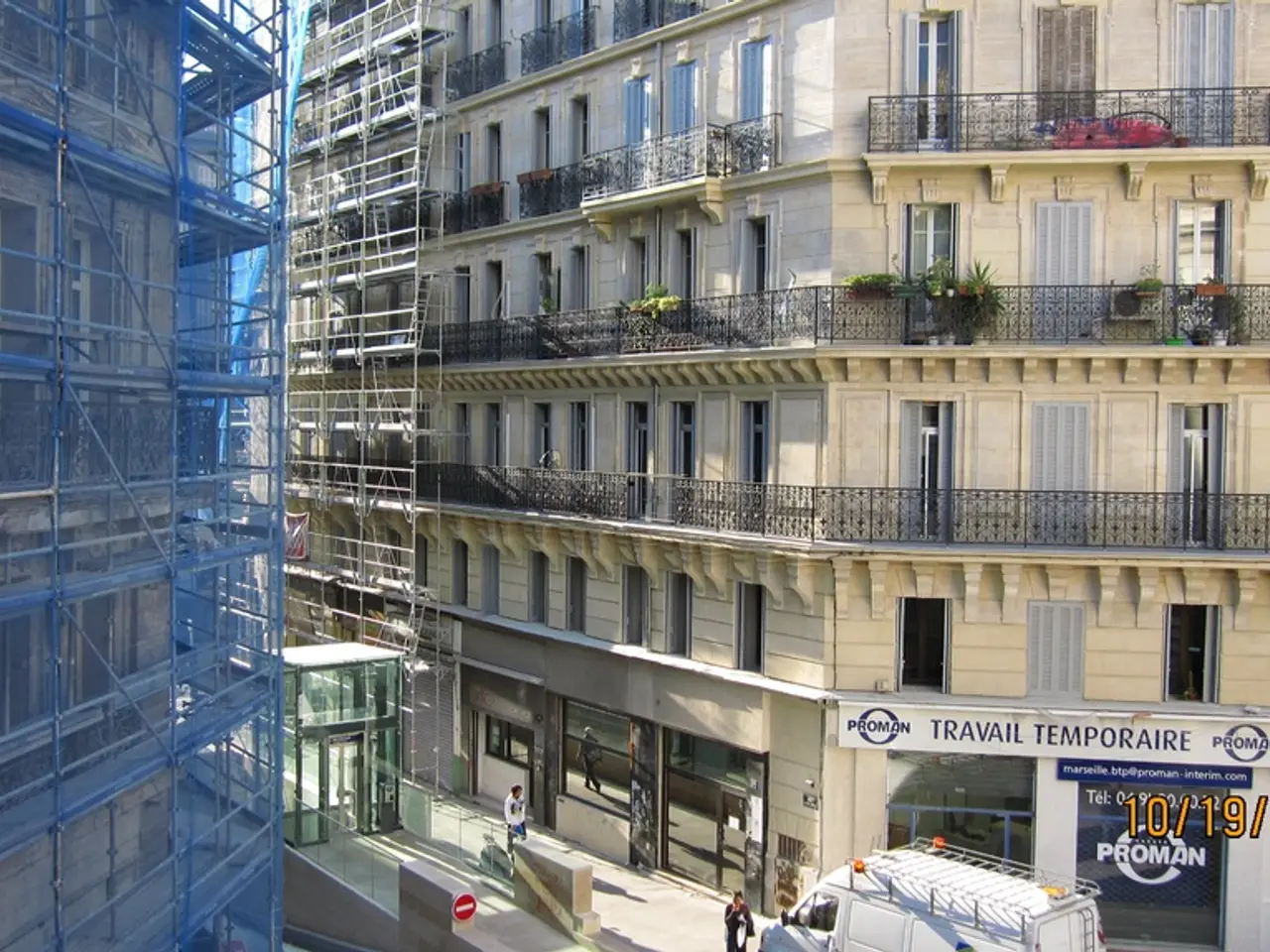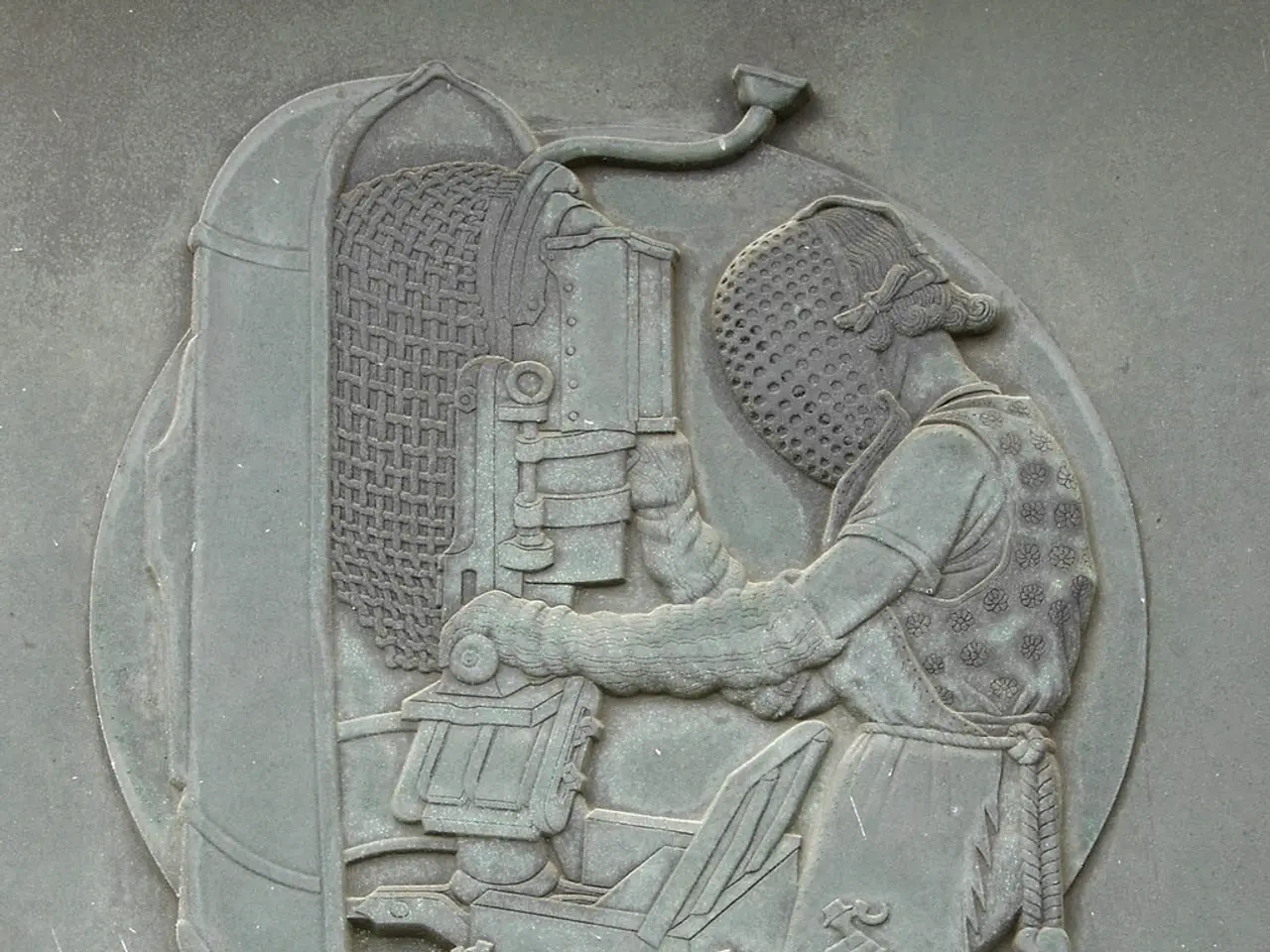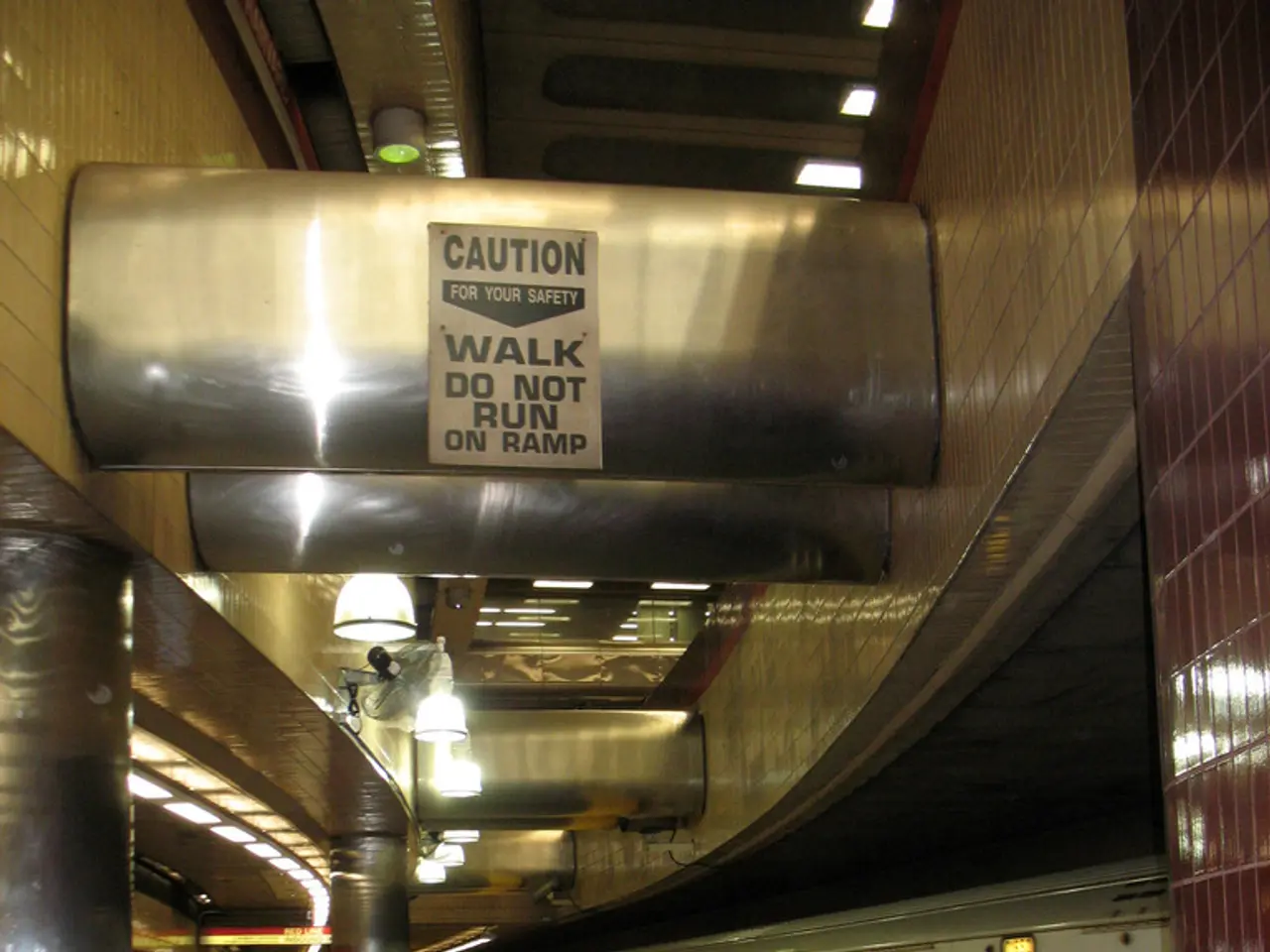Global Tensions Pose Efficiency Risk as Ray Dalio Warns About Trump's Tariff Approach
Former President Trump's Tariff Policies Hinder Long-term Economic Prospects, Warns Ray Dalio
Ray Dalio, the founder of the world's largest hedge fund, Bridgewater Associates, has expressed profound concerns about the long-term economic implications of former President Donald Trump's tariff-heavy policies. Dalio's apprehensions focus on three key areas: global efficiency, inflation, and systemic stability.
Global Efficiency:Dalio contends that excessive tariffs hinder global economic efficiency by distorting trade patterns and prompting nations to bypass the United States in their dealings. He notes that the intensifying use of tariff policies is driving a surge in international agreements that exclude the U.S, leading to a less efficient global economy and possible isolation of the U.S. from crucial trading relationships.
Inflation:Dalio asserts that tariffs function like a disruptive force within production systems, disturbing established supply chains and raising input costs for businesses and consumers. The direct consequence is an increase in prices for imported goods, as evidenced by a 145% tariff on most Chinese imports resulting in price hikes for Chinese-made goods. This inflationary pressure within the U.S. economy erodes purchasing power and potentially triggers higher interest rates as central banks respond to inflation.
Systemic Stability:Perhaps most worryingly, Dalio forecasts that the simultaneous impacts of tariff-induced disruptions, mounting federal deficits (estimated at 6.5% of GDP), and the emergence of a rising global power challenging U.S. dominance could threaten systemic stability. He likens the bond market to a critical patient, suggesting that soaring long-term interest rates signal potential danger for investors and policymakers. The uncertainty produced by tariff policies and fiscal imbalances could trigger a collapse in the existing global order, with potential consequences that are "more severe than a recession" if not effectively managed.
According to Dalio, market reactions are already manifesting these pressures, with foreign investors growing hesitant to invest in dollar-denominated assets, further jeopardizing economic stability. The combined effects of these factors could foster long-term shifts in capital flows, decreased U.S. investment, and a decline in confidence in the dollar's role as a reserve currency.
IRS to Send $1,400 Payments to One Million Americans Who Missed Out on 2021 CreditMarkets Rebound as Hopes Rise for U.S.-China Trade Talks
- Ray Dalio, a renowned economist and founder of Bridgewater Associates, has voiced concerns about the long-term economic effects of former President Trump's tariff-heavy policies.
- Dalio believes that excessive tariffs hamper global economic efficiency, causing nations to bypass the United States in their trade dealings and leading to a less efficient global economy.
- Dalio also argues that tariffs disrupt supply chains, raising input costs and leading to inflation in the U.S. economy, as demonstrated by a 145% tariff on most Chinese imports.
- Fearing systemic instability, Dalio predicts that a combination of tariff-induced disruptions, rising federal deficits, and the emergence of a global power challenging U.S. dominance could threaten the stability of the existing global order.
- Dalio's concerns are reflected in global markets, where foreign investors are growing cautious about investing in dollar-denominated assets, potentially jeopardizing economic stability.
- In the wake of this, long-term shifts in capital flows, decreased U.S. investment, and a decline in confidence in the dollar's role as a reserve currency could occur.
- Amidst these economic uncertainties, there is also a glimmer of hope in the form of US-China trade talks, which might potentially rekindle global trade and help stabilize the global market and economy.








